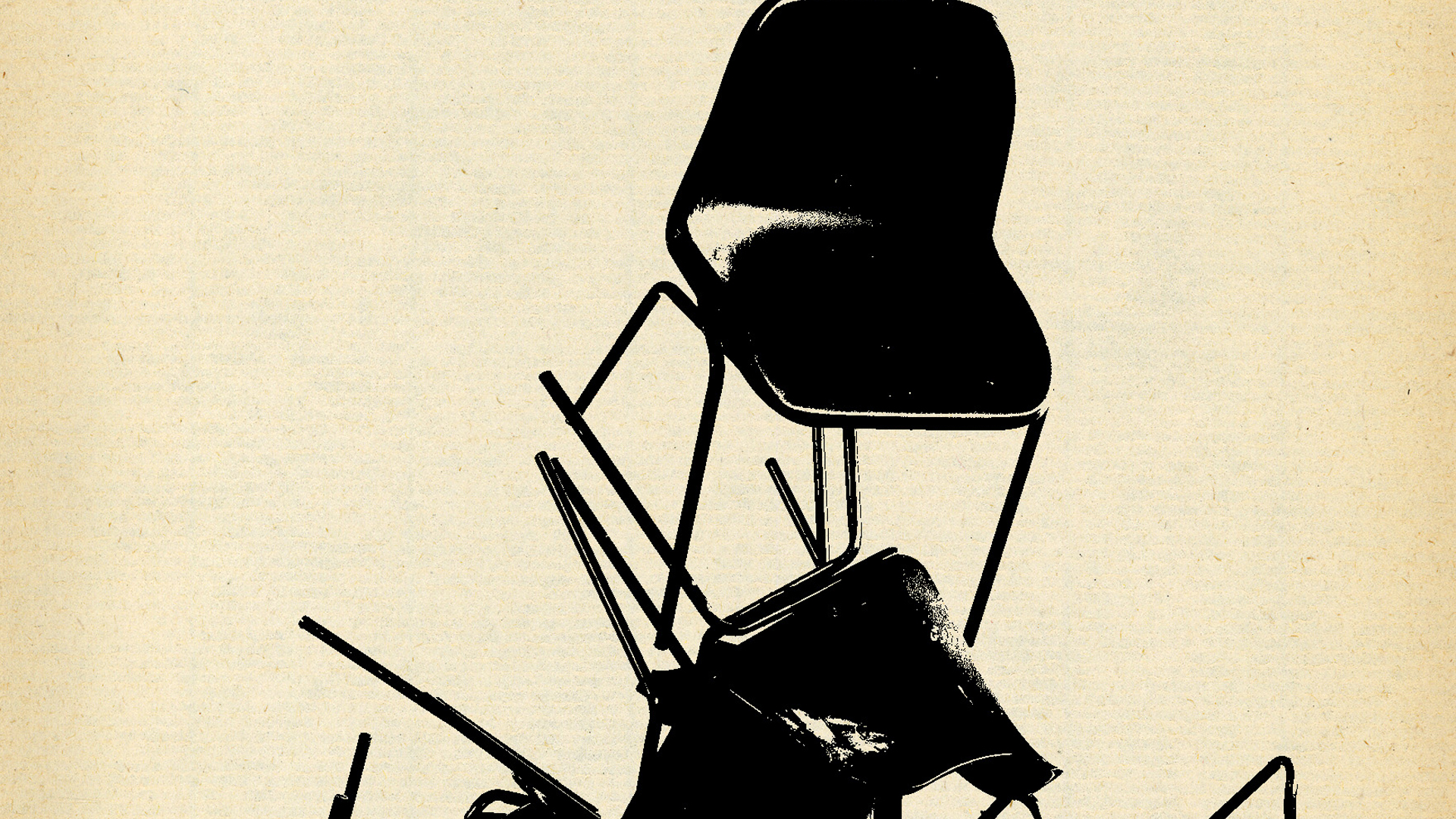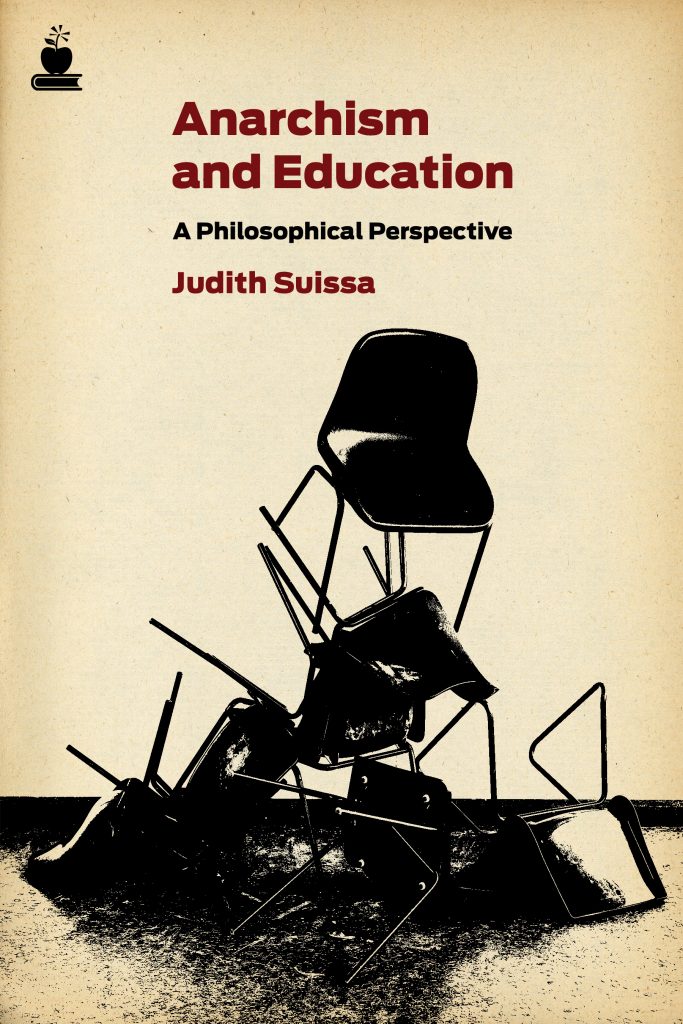By J.L. DeVitis, Old Dominion University
CHOICE
April 2011
Suissa (Institute of Education, Univ. of London) provides a sweeping historical and philosophical account of the origins and evolution of anarchist thought and its various, yet often little-known, educational theories and practices. She lucidly defines and analyzes important questions about human nature, social and political values, the basic core beliefs in anarchist philosophies, and their educational ideas. Suissa is exceedingly conversant with key theorists such as Mikhail Bakunin, Peter Kropotkin, Pierre-Joseph Proudhon, Noam Chomsky, Paul Goodman, Daniel Guerin, and Colin Ward, and she is especially adept at pointing out distinctions between anarchism and libertarianism. In addition, she offers helpful examples of actual anarchist educational institutions (e.g., The Escuela Moderna in Barcelona, The Ferrer School in New York, and the Walden Center and School in Berkeley, California). Faculty in educational philosophy and history will find the volume particularly appealing. It will also be of interest to other researchers and graduate students in those fields. Summing Up: Highly recommended. Graduate students and researchers







